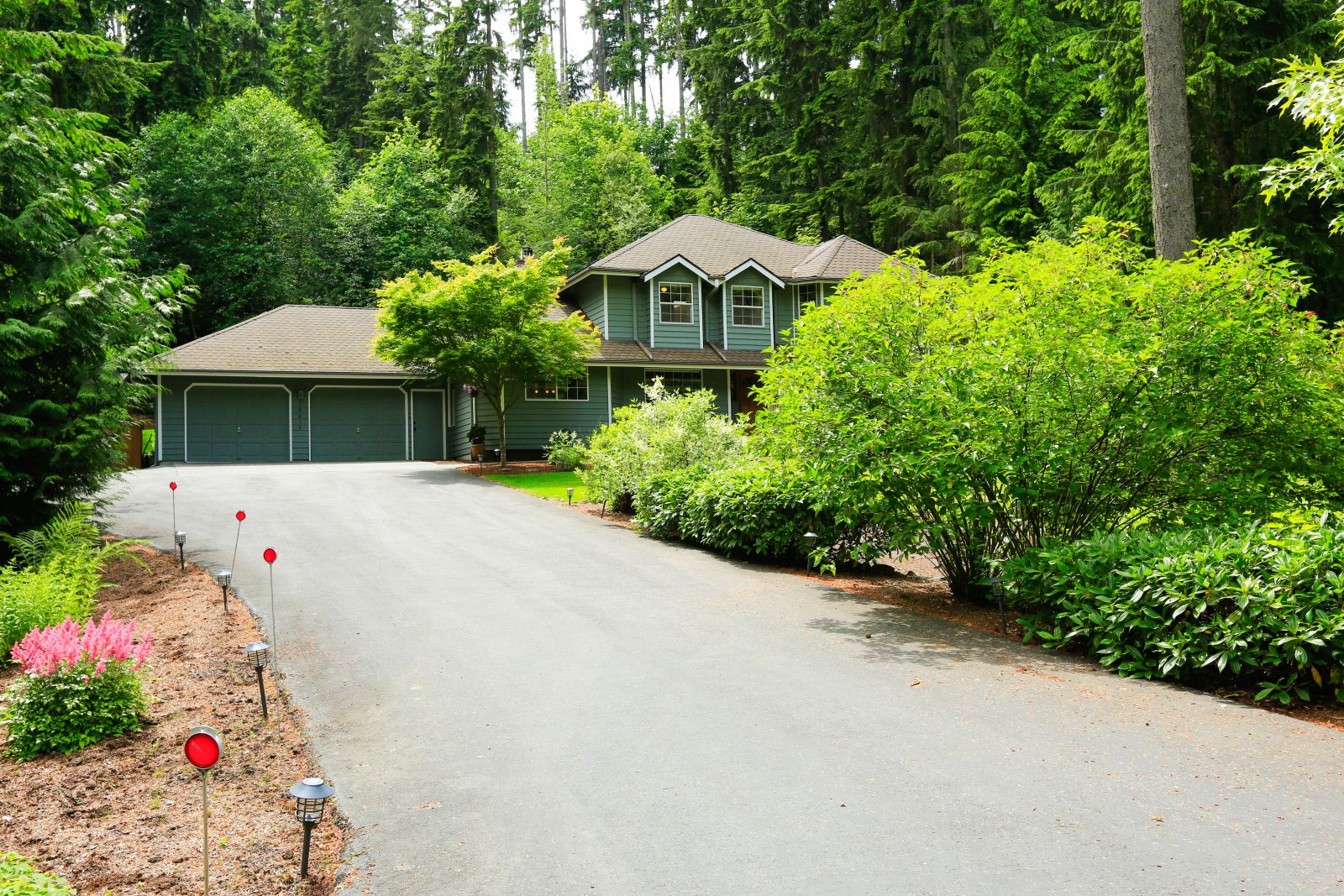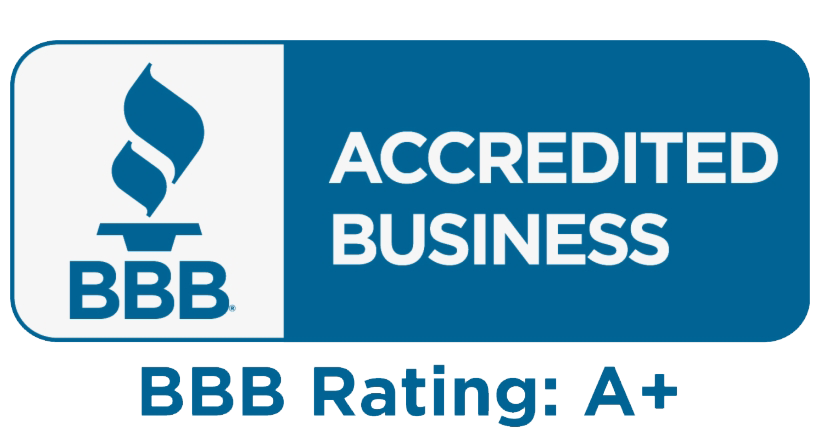Blog

Is It Time to Replace Your Driveway? Key Signs and Home Upgrades Like Roofing Installation
Your driveway is more than just a parking spot for your vehicles—it contributes significantly to your home’s curb appeal, safety, and functionality. Over time, like any other part of your property, your driveway will wear down, crack, or degrade due to weather, weight, and time. If you're wondering "when to replace your driveway," you're not alone. This guide will walk you through the signs that indicate it's time for a replacement, factors affecting driveway lifespan, and how related upgrades like roofing installation can elevate your home’s overall value and durability.
Roofing Installation: Enhance Your Property Alongside Driveway Replacement
While replacing your driveway, consider how roofing installation can complement your home improvements. A durable, well-installed roof protects your property from weather damage and increases curb appeal, working hand-in-hand with a fresh driveway to boost your home’s overall aesthetic and market value.
A new driveway and roof together create a polished, well-maintained look that appeals to potential buyers and improves your home's functionality.
Why Should You Replace Your Driveway?
First, it’s essential to understand why driveway replacement might be necessary. A well-maintained driveway increases the aesthetic appeal and value of your home. But over time, weather conditions, usage, and the age of the driveway take their toll.
Driveway wear and tear can lead to safety concerns, damage to vehicles, and even lower property value. Patching or resurfacing may be an option in the early stages of deterioration, but in some cases, full replacement is the only solution to ensure safety and long-term durability.
How Long Does a Driveway Typically Last?
The lifespan of a driveway depends on the material used and how well it has been maintained.
Asphalt Driveways:
- Lifespan: 15-20 years
- Maintenance: Requires regular sealing every 2-3 years to maximize lifespan. Asphalt is prone to cracking in freezing weather.
Concrete Driveways:
- Lifespan: 25-30 years
- Maintenance: Durable and less prone to cracking than asphalt. However, it can stain or develop cracks over time if not properly maintained.
Gravel Driveways:
- Lifespan: Can last indefinitely with proper maintenance, but they require regular resurfacing and may need replenishing every few years due to gravel displacement.
Paver Driveways:
- Lifespan: 30+ years
- Maintenance: Requires periodic resetting and re-leveling of pavers to avoid shifting. Very durable and visually appealing.
Signs That It's Time to Replace Your Driveway
Knowing when to replace your driveway can save you money and prevent future headaches. Here are some key signs that indicate it may be time for a full replacement rather than simple repairs:
1. Extensive Cracking
Cracks are a normal part of aging driveways, but the extent and type of cracking can be a red flag. Small, isolated cracks can be repaired with patching, but widespread or deep cracks—especially ones over ¼ inch wide—are signs of underlying structural issues that can’t be easily fixed.
Expert Insight: "Cracks in an asphalt or concrete driveway can allow moisture to seep in, causing further erosion and eventual sinking. If the cracks are deep and spread across a large area, replacement is more cost-effective than constant repairs." — John Michaels, Asphalt Specialist
2. Drainage Problems
If water pools on your driveway after rain or snow, this is a major sign of poor drainage. Standing water can weaken the driveway’s foundation, leading to significant damage. Persistent water issues often require a complete overhaul of the driveway's design and slope.
3. Potholes
Potholes occur when the ground beneath the driveway shifts or settles unevenly. While minor potholes can be patched, multiple potholes or large, deep ones indicate that the structural integrity of your driveway is compromised, necessitating replacement.
4. Surface Deterioration
Driveways naturally fade in color over time due to UV exposure and weather. However, if the surface is rough, crumbling, or has multiple large patches, it's a sign that the driveway material has reached the end of its lifespan.
For asphalt driveways, loss of smoothness and texture is an indicator that resurfacing won’t be enough, and full replacement may be required.
5. Age of the Driveway
If your driveway is reaching or exceeding its expected lifespan—whether it’s asphalt (15-20 years) or concrete (25-30 years)—you should start planning for a replacement. Even well-maintained driveways will eventually degrade beyond the point of repair.
Factors That Affect Driveway Lifespan
Several factors can affect how long your driveway will last and when it might need replacing:
1. Climate and Weather Conditions
Extreme weather—such as freezing temperatures, heavy rainfall, and snow—can speed up driveway deterioration. In areas with frequent freeze-thaw cycles, cracks are common as water freezes and expands within the material.
2. Quality of Installation
A poorly installed driveway is more prone to damage and may require replacement sooner. When installing or replacing a driveway, make sure to work with experienced contractors who follow proper installation methods, such as using quality materials and ensuring correct drainage.
3. Weight Load
Heavy vehicles, such as RVs or trucks, can significantly reduce a driveway's lifespan. If your driveway regularly supports heavy loads, you may need to replace it more frequently or reinforce it during installation.
4. Maintenance Frequency
Driveways that are regularly sealed and maintained will last longer than those that are neglected. Sealing helps prevent water infiltration and keeps the surface looking fresh, delaying the need for a full replacement.
Should You Repair or Replace Your Driveway?
Deciding whether to repair or replace your driveway depends on the extent of the damage. In many cases, smaller issues can be fixed with repairs, but larger, more severe damage might require a full replacement.
When to Repair:
- Small, isolated cracks or holes
- Minor surface deterioration or fading
- Potholes that aren’t widespread
When to Replace:
- Widespread, deep cracks
- Multiple large potholes
- Drainage issues that lead to standing water
- A driveway near the end of its lifespan
- Major structural damage or sinking
Driveway Replacement Costs
If you’ve determined that it’s time to replace your driveway, you’re likely wondering about the cost. The price of replacing a driveway can vary depending on several factors, including the material used, the size of the driveway, and your location.
Asphalt Driveway Replacement:
- Cost: $2,500 - $7,000 for a typical 600-square-foot driveway
- Considerations: Asphalt driveways are cheaper but require more frequent maintenance.
Concrete Driveway Replacement:
- Cost: $3,000 - $10,000 for the same size
- Considerations: Concrete lasts longer but is more expensive upfront. You can also choose decorative or stamped concrete for an additional cost.
Gravel Driveway Replacement:
- Cost: $1,500 - $3,000
- Considerations: Gravel is the most cost-effective option, but it requires regular resurfacing.
Paver Driveway Replacement:
- Cost: $7,000 - $20,000
- Considerations: Pavers are the most expensive option but offer the best durability and aesthetic appeal.
Conclusion: When to Replace Your Driveway
So, when should you replace your driveway? The key is to look for signs of significant damage, such as deep cracks, drainage issues, potholes, and surface deterioration. If your driveway is nearing the end of its lifespan or requires constant repairs, it may be more cost-effective to replace it entirely.
Remember, a well-maintained driveway not only enhances your home’s curb appeal but also provides safety and longevity. By addressing the signs early and choosing the right material for your needs, you can ensure a functional and attractive driveway for years to come.
Blog Categories

Address
605 Hampton Park
Capitol Heights, MD 01234

Phone






